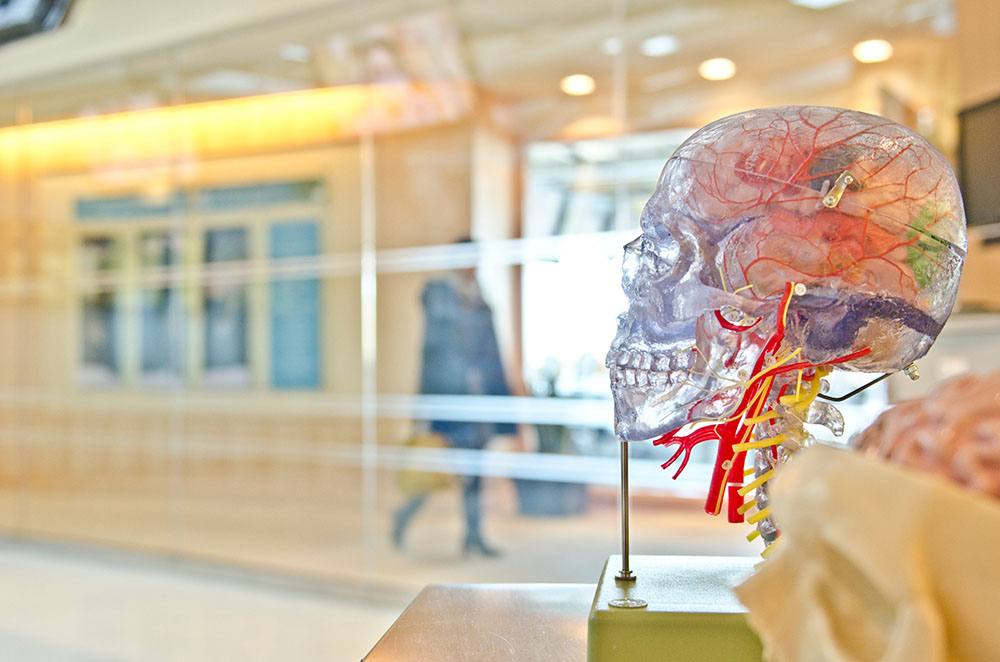Alcohol may be the most overlooked drug. It is a very powerful drug that can alter the neurological system over time. The overuse of alcohol and eventual dependence on alcohol is known as alcoholism. This disorder can have severe health consequences over time. Some of the health risks associated with alcohol abuse include:
- Cirrhosis
- Liver Cancer
- Arrhythmias – Irregular heart beat
- Stroke
- High Blood Pressure
- Alcohol-Related Hepatitis
- And Many More
As you can see, alcohol abuse is not something to be taken lightly.
Neuroadaptation
As previously stated, alcohol is a powerful drug, and because it is legal and socially accepted it is often not cited as being as lethal as other drugs such as heroin and cocaine. Well, this could not be further from the truth. While alcohol poisoning is a legitimate threat for short-term drinking sessions, the long-term effects of hardcore alcohol abuse are devastating.
Your body adapts to your everyday routine, your habits. When your body adapts to something harmful such as alcohol, this is called physical dependence or neuroadaptation. Neuroadaptation occurs when your body feels that it needs alcohol to function properly, and this is a very scary realization for many. As the alcohol drinker uses this drug more frequently, the body normalizes the substance and adapts accordingly. Soon, the body needs more and more alcohol to fulfill this dependence, and this is known as an increase in the body’s tolerance to alcohol.
Positive and Negative Reinforcements
Positive reinforcements are things that cause pleasure when consuming alcohol. These things positively reinforce the idea that a person wants or needs alcohol. These are only perceptions, and often times they lead to eventual negative consequences or negative reinforcements which will be discussed later. Perceived positive reinforcements of drinking alcohol include:
- Relief of Anxiety
- Social Acceptance of Peers
- Feeling of Euphoria from Increase in Dopamine
- Cure for Insomnia
Conversely, negative reinforcements are just the opposite. They are things like having a blackout drunk night, fighting with a close friend, becoming sick and vomiting, or any other negative things that can be involved in a heavy drinking session.
Eliminating the Risk of Alcohol Abuse
Alcohol abuse can be eliminated with great willpower, discipline, and self-control. The body’s neuroadaptation and dependence on alcohol will cause cravings and withdrawals will occur if the body is absent of alcohol for some time. The symptoms of withdrawals can sometimes be unpleasant and in severe cases of alcohol abuse syndrome, they may even become fatal. All of these negative effects that withdrawal entails will usually discourage people from taking action and trying to control their consumption of alcohol.
Physical symptoms of withdrawal from alcohol for someone who is dependent are:
- Body Tremors
- Nausea
- Sweating
- Heart Palpatations
- Seizure
- More
These symptoms can be alleviated with support from friends, family and medical professionals to reduce the pressure of what the withdrawal victim is going through. It is also important that the alcohol abuser does not relapse and give in to alcohol abuse during the withdrawal period because this can have devastating health consequences and even be fatal.



